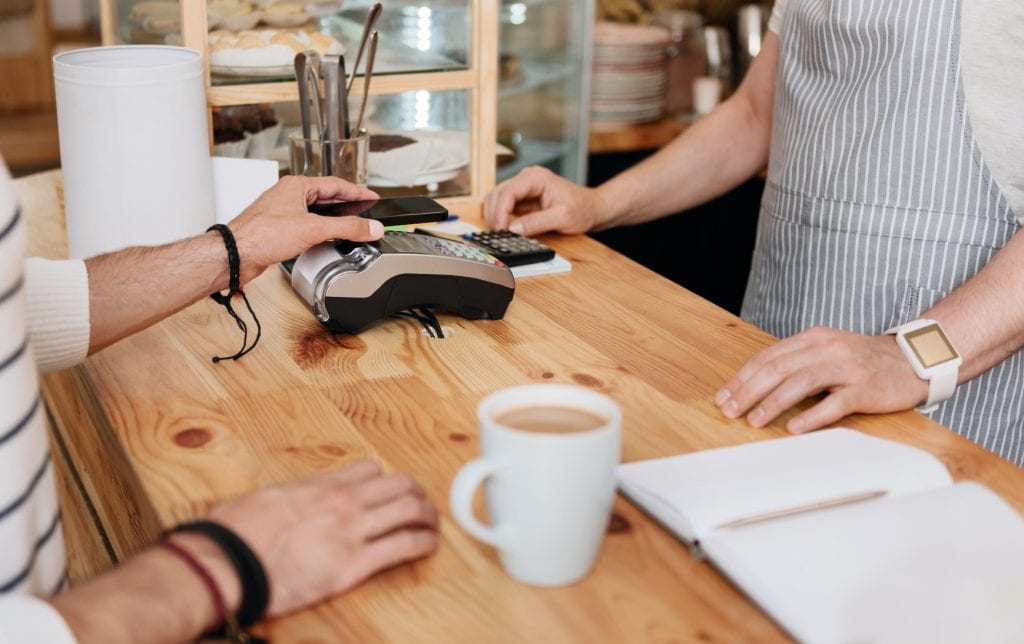Regardless of how this plays out in the traditional financial sector, the past year has made it clear that tracking of ownership on a blockchain has been one of the most immediately feasible applications.
Even on the bitcoin blockchain, we’ve seen startups that focus solely on provenance, such as Everledger, Colu, Ascribe and Monegraph, gain significant attention.
The tokens that blockchains track can also be used as digitized representations of the documents that accompany financial transactions.
If we were to deconstruct the business processes of trade finance, we’d see that many relate to the ordering and processing of shared documents between a group of untrusting parties.
The same can be said for post-trade settlement and collateral management. And where ‘smart contracts’ have been used, they often act as computations that initiate and control these same changes in state.
If we were to look beyond finance, a blockchain can also be used to manage data in a more general sense, providing a full audit trail of that data’s origin in both time and place. Thus, a blockchain can act as a provenance protocol for data across disparate semi-trusting organizations.
The aspects of blockchain technologies that enables Bitcoin and other crypto-currencies to function as a viable payment medium, namely their immutability and decentralization, stand out as highly transferable capabilities that will serve to both enable and record transactions. Creating an unassailable chronological sequence of records will indeed find broader application both within finance and in parallel industries.
Eventually this will have practical applications affecting many of us. While recording ultimate ownership will have little bearing on day-to-day transactions, the life-event transactions, such as the purchase of a home, would be greatly enhanced by blockchain technology. No longer will transactions exist in ‘limbo’ due to closed register of deeds or a financial institution missing a transfer deadline. As the use of blockchain technology for recordkeeping becomes more widespread the ability for further democratization of significant transactions will be possible.
Overview by Joe Walent, Senior Analyst, Emerging Technologies Advisory Service at Mercator Advisory Group
Read the full story here
